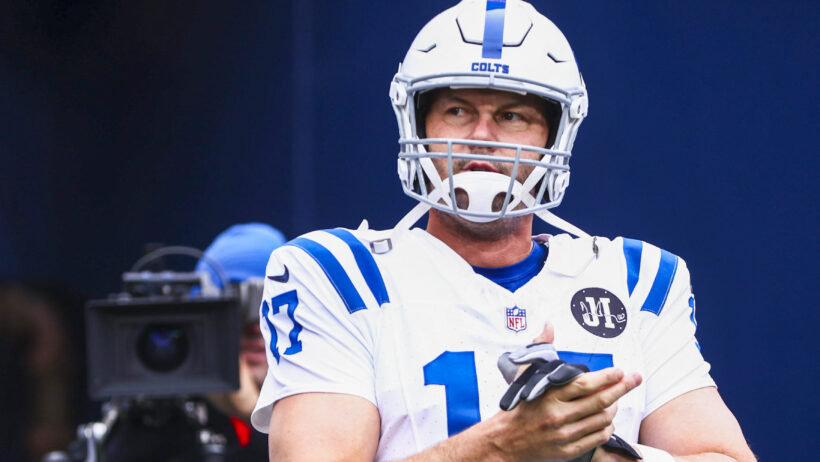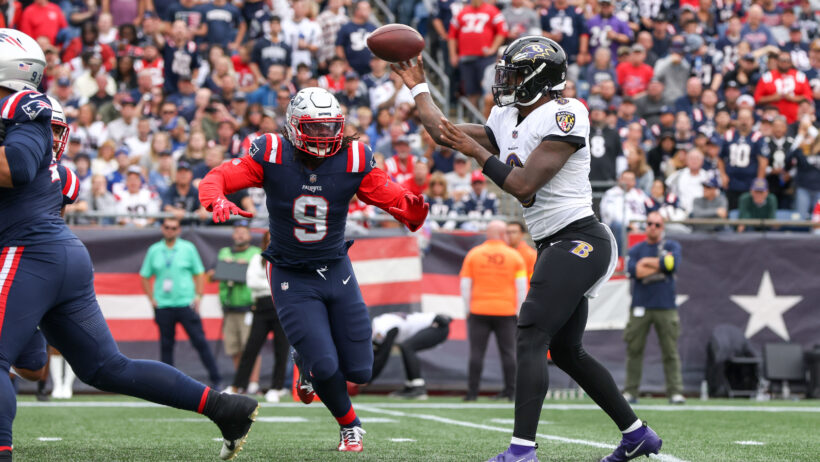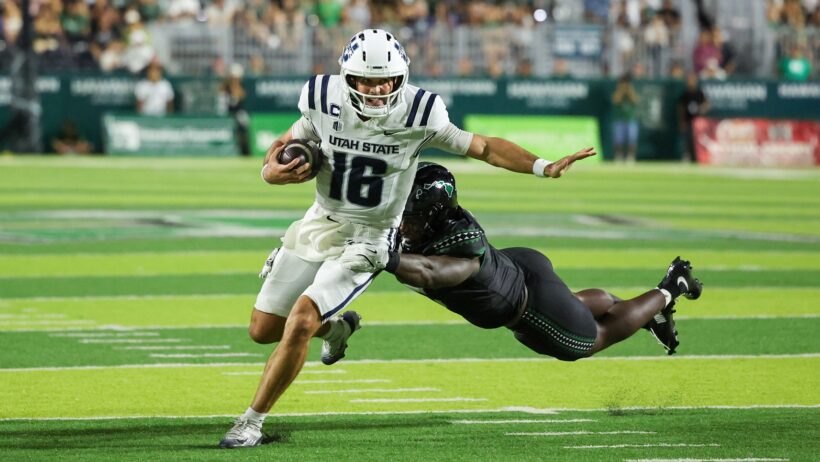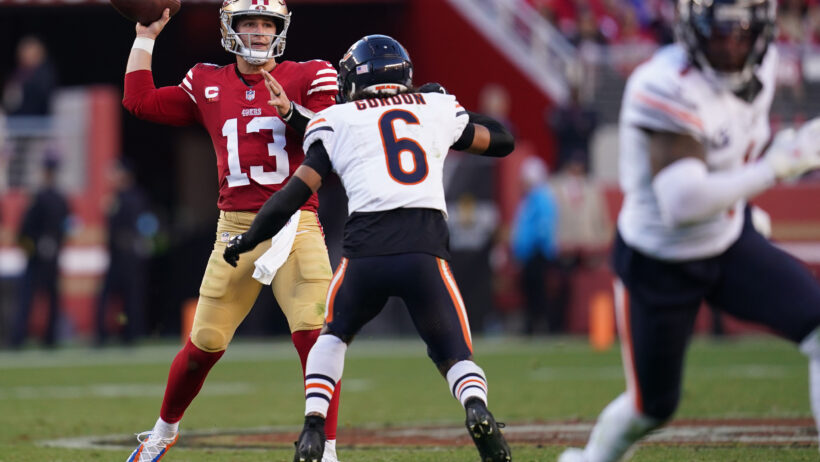So, What Happens Now With Illinois Sports Betting?
By Robert Linnehan in Sports Betting News
Published:

- The Illinois sports betting market is set to change after a new sports betting fee has been approved
- Licensed sports betting operators will have to make difficult choices to remain viable in Illinois
- Illinois sports bettors will see less in promos, bonuses, and potential betting minimums with the new fees
A new plan to institute fees for every single Illinois sports bet has thrown the Prairie State into a general sense of unknowing, as sports betting operators and customers are scrambling to understand how this will change one of the largest sports betting markets in the country.
Gov. J.B. Pritzker (D) is expected to sign the state’s $55 billion budget into law, which includes a never-before-seen plan to place a $0.25 fee on each of an operator’s first 20,000,000 bets, which increases to $0.50 per bet thereafter.
The new fee will result in some of the highest sports betting tax rates in the country for licensed operators that do the most business in the state, which could result in worse services for Illinois sports betting customers.
The New Illinois Sports Betting Fee
According to a report from the Chicago Tribune, the new fee is expected to bring in $36 million annually to the state, but will result in FanDuel and DraftKings – likely the only two operators to eclipse the 20,000,000 bet threshold – paying a tax rate equivalent of 57% to 60% when the fee is instituted.
Operators that do not cross the 20,000,000 bet threshold will likely see an equivalent 12.5% increase to the tax rate they are required to pay.
It’s the second tax rate increase for sports betting operators in the state in the last year alone. Gov. Pritzker signed the Illinois FY 2025 budget into law on June 1, 2024, which included a new progressive tax rate for licensed state sportsbooks. The first-ever progressive tax rate for sports betting operators requires sportsbooks to pay a rate of 20% to 40% based on adjusted gross revenues.
The new rate went into effect on July 1, 2024.
Based on the structure, operators pay taxes based on the following adjusted gross sports betting revenue totals:
- $0 to $30 million: 20%
- $30 million to $50 million: 25%
- $50 million to $100 million: 30%
- $100 million to $200 million: 35%
- Over $200 million: 40%
Add the new per bet fee to this tiered tax rate, and operators will see a big increase to their sports betting taxes.
So, how will operators deal with this new fee? The Sports Betting Alliance, which represents the interests of FanDuel, DraftKings, BetMGM, and Fanatics Sportsbook, said customers will ultimately be the “ones to bear the cost of this new tax.”
Reduced Offerings, Worse Lines, Minimum Bets
Illinois sports betting customers will likely see far less promotions and bonus offers from sportsbooks when the fee goes into effect, as spend will have to be curtailed to handle the new costs. It’s likely that Illinois licensed sports betting operators will no longer have the budget to provide these offerings to state sports betting customers and will instead budget promotions in states where taxes are lower.
But perhaps worse for Illinois sports betting customers is the possibility that operators institute a minimum bet requirement for each customer. With the new $0.25 or $0.50 fee for each bet, it may no longer make fiscal sense to allow customers to make $1 or $2 bets. Pet bet minimums may make the most sense for operators to handle the new costs associated with doing business in the Prairie State.
“A per bet tax most penalizes small recreational bettors – many of whom are betting a single dollar or two. Under this legislation, these popular bets will get hit with a massive 25% or 50% tax,” the Sports Betting Alliance wrote in a prepared statement.
Another option? Worse lines for betting markets. Illinois sports betting users may see a lot more -120 lines for events that were typically -110 or -115 in the past.
While operators have yet to comment on a solution for the fee, the new costs could also lead to the return of a policy that many sports betting protested against last year.
DraftKings Winning Bet Tax A Potential Solution?
Last summer, DraftKings announced it would be instituting a new “gaming tax surcharge” on winning bets in New York, Illinois, Vermont, and Pennsylvania as a way to combat rising tax rates and the cost of doing business in certain states.
DraftKings announced the new surcharge during its Q2 2024 earnings report as a way to ensure an operational effective tax rate of approximately 20% in those states. DraftKings representatives never announced specific tax surcharge rates, but they did reveal it would have varied from state to state. In promotional materials, DraftKings showed the example of a +100 odds ticket for $10 in Illinois winning a total of $19.68, instead of the usual $20.
That put the odds of that ticket at just about -103 with the surcharge.
After customer backlash, DraftKings dropped the gaming tax surcharge from its plans. But, with the new Illinois fee, the “gaming tax surcharge” could again squarely be in the operator’s future as it looks to cut costs in one of its biggest markets.
While no plans have been announced to reintroduce the gaming tax surcharge, it’s a good bet that operators will look to these unique solutions as a way to handle the new Illinois costs.
Losing Business Across Borders
Illinois is bordered by six states – Wisconsin, Michigan, Indiana, Kentucky, Missouri, and Iowa – all of which have some type of legalized sports betting. While the Illinois sports betting market is tops among these six states, it’s not out of the realm of possibility that sports betting customers may decide to cross state lines for better opportunities.
Each of these states features a lower tax rate than Illinois, no per bet fee, and potentially better offers for the average sports betting customer.
Missouri, which will launch sports betting on Dec. 1, 2025, may stand to see the most significant impact from the new Illinois fee. Operators tend to offer their best promotions during a state launch to build their customers bases, which could draw Illinois customers across the border into the Show-Me State to take advantage of promotions they may no longer see in the Prairie State’s market.
Missouri sports betting platforms will also only be subjected to a 10% tax rate, which should be enticing for operators and may lead to better promotional offers and lines compared with the Illinois sports betting market.
Or, perhaps Illinois customers may seek another type of unregulated sports betting option the industry has been warning about for years?
Return to the Offshore Markets
Another remaining option for Illinois sports betting users may be a return to the offshore, unregulated sports betting markets the industry has railed against. It could prove to be an alluring option for customers looking for better lines and lower costs, which would ultimately be a detriment to all involved.
“With this change, lawmakers are essentially urging customers – and especially these small dollar bettors – to switch to unsafe and unregulated sportsbooks who defy state consumer protections and generate zero taxes for state priorities. These illegal operators are the big winners from Saturday’s vote,” the Sports Betting Alliance reported.
It makes sense. Unregulated operators are easily accessed in just about every single state in the U.S. and despite the lack of safeguards for customers, it may be an option for those who do not want to be subjected to rising costs.

Regulatory Writer and Editor
Robert Linnehan covers all regulatory developments in online gambling and sports betting. He specializes in U.S. sports betting news along with casino regulation news as one of the most trusted sources in the country.



